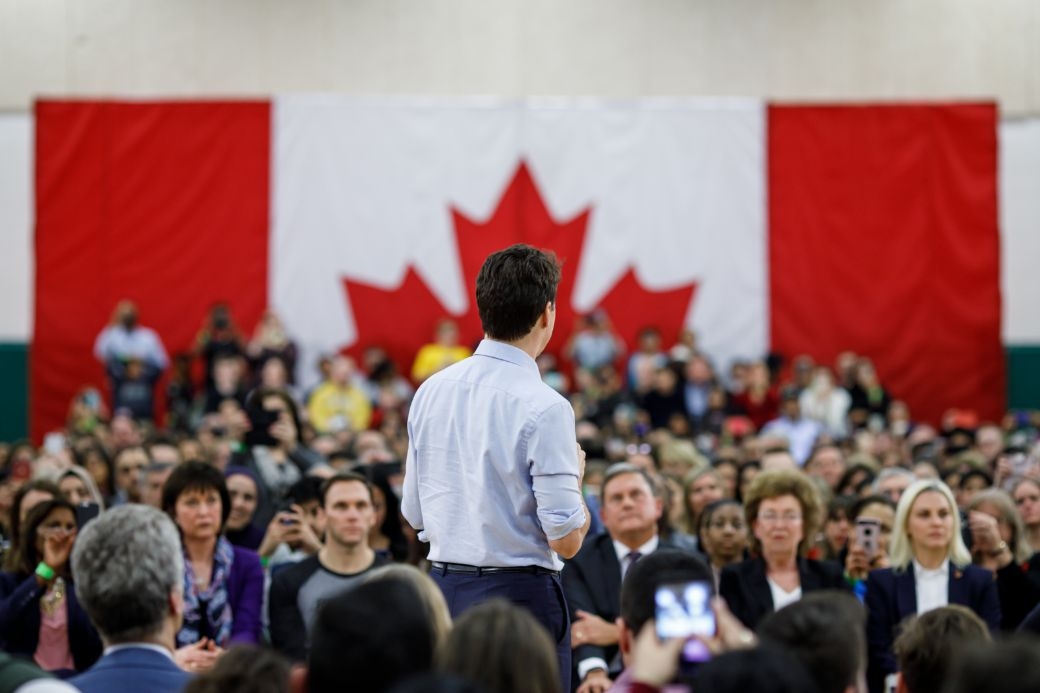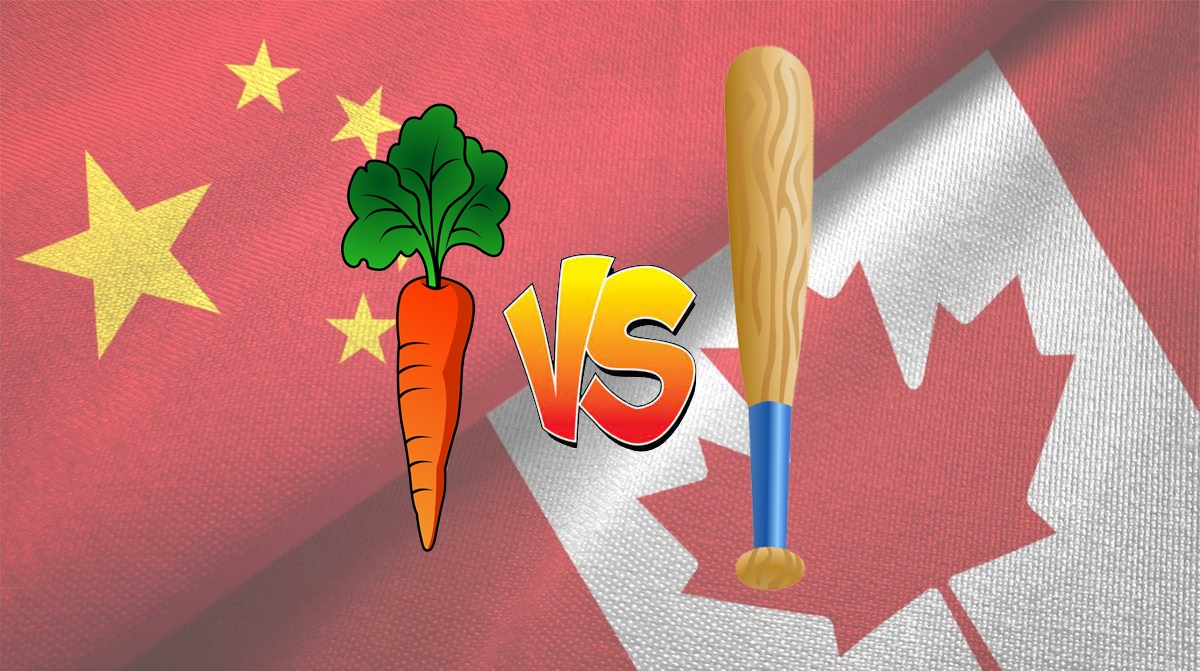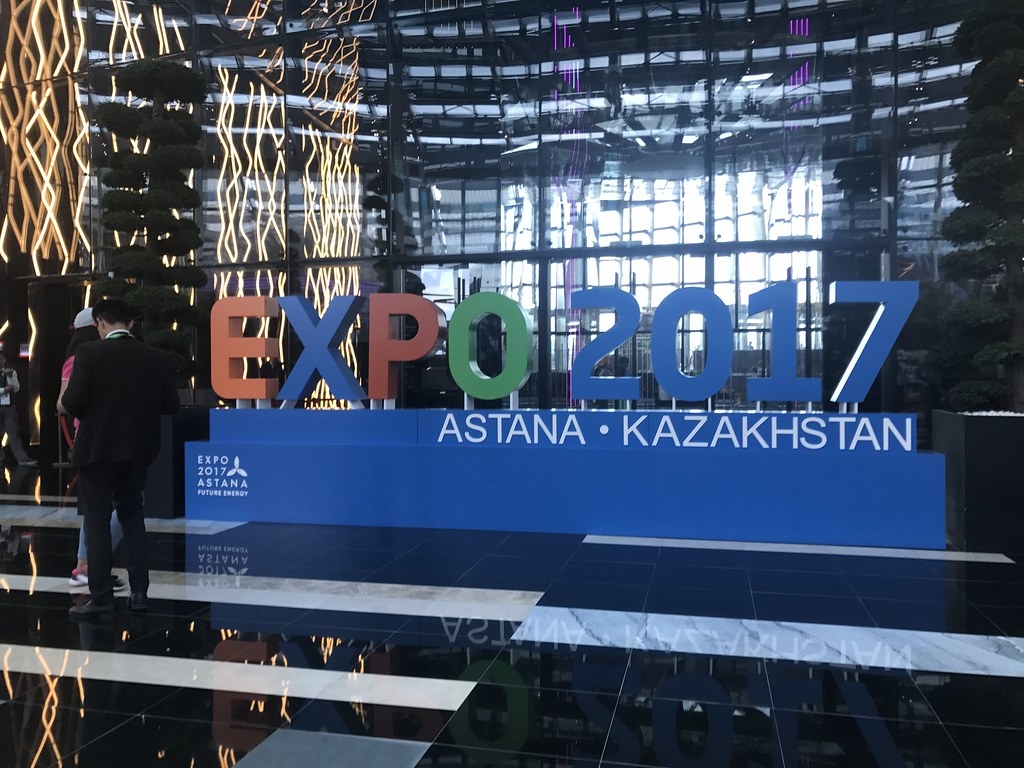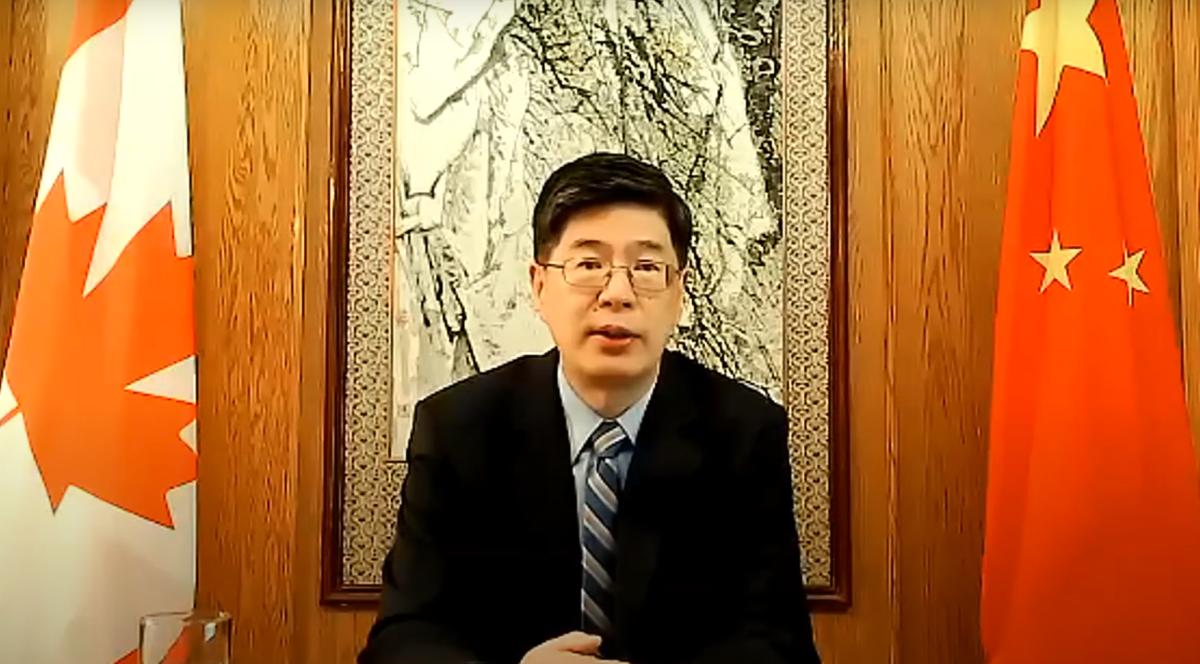
Glamour and Trudeau
Photo credit: Adam Scotti (PMO)
“The course of true love never did run smooth.”
That’s from a Midsummer Night’s Dream, not a campaign boiler room. The loss of favour has been dramatic. While his splendid victory was delivered by a grateful nation, less than four years into Trudeau’s majority mandate, it feels like we’ve woken up with a stranger asking ourselves where we’ll find our shoes.
In The Power of Glamour, Virginia Postrel theorizes that glamour is a powerful form of non-verbal rhetoric, “an illusion (which) intensifies a pre-existing but previously inchoate yearning.” According to Postrel, “First, glamour is an illusion…the illusion usually begins with a stylized image – visual or mental – of a person, an object, or an event, or a setting. The image is not entirely false, but it is deceptive…Second, glamour does not exist independently in the glamorous object – it is not a style, personal quality, or aesthetic feature – but emerges through the interaction between object and audience…A glamorous person, setting, or style will not produce glamour unless that object resonates with the audience’s aspirations and unless the audience is willing to entertain the illusion.” Postrel further defines glamour: “It depends on maintaining exactly the right relationship between object and audience, imagination and desire. Glamour is fragile because perceptions change.”
Being wide awake will do that.
Canadians bought the shiniest, brightest, hopefullest Prime Minister on offer. Trudeau had captured the imagination of youth while Elections Canada made voting for them significantly easier. Voting results in those demographics bear that out. It was a love-in of sorts, but one that did include a cross-section of Canadians.
If we consider that politics is retail with or without glamour, it is worthwhile looking at how glamour affects the outcome. Postel presents it as nonverbal rhetoric. It is persuasive because it appeals to our deepest longings and aspirations: 'I like that' becomes 'I'm like that.'” When presented with Trudeau’s vision of Canada, we voted to be ‘like that’.
While advertising has gone from the art of persuasion to the capture of analytics from social media data, politics remains the ultimate work in persuasion. Team Trudeau’s messaging grasped millennial aspirations. He tapped into the malaise polling had revealed, but not in the way you might think.
Millennial spending patterns are different from their parents’. They’re delaying marriage. They’re not setting up house as young. Student debt is a concern. Their employment isn’t mapping out like that of their folks. Employment mobility isn’t pointed upward as it has been in the past, nor is a job necessarily seen as lifelong. Gen Z was in high school and beginning university in 2015. Young indeed. Their polling shows that they’re faced with challenges similar to millennials.
But human nature being what it is, Gen Z and millennials still have heart-felt desires common to us all. They search for meaning, purpose and belonging. They feel a desire to make a difference and to being appreciated for who they are and can do. These unspoken needs were once satisfied predominately in marriage, family and work (by creative means too, of course).
Enter Trudeau, less like Father of the Bride, more like Four Weddings and a Funeral. His easy demeanor hit the sweet spot for that demographic. He delivered a message that met those deeply held needs. You matter. Your input. Your ideas. Your compassion for the planet and people, in that order. He offered relevance. It got him their vote.
Trudeau’s team made politics glamorous again because they made it meaningful. Policies were delivered in visionary terms. Legislative initiatives were promised after ‘real consultations’. Voters, who didn’t identify with previous generations on many levels, now desired to do politics differently too. For voters who had found meaning in an old-school life script, Trudeau’s campaign wasn’t all that glamorous. Their aspirational needs were met elsewhere.
Waking up after a night of partying is hard, sometimes even cruel. The hope that you’re special fades. If the glamour of 2015 ultimately let many down, what will work in 2019?
It is fair to say that Andrew Scheer is the antithesis of Trudeau. More Father-of-the-Bride, less Hugh Grant. If Trudeau is the host with organic canapes and cool cocktails, Scheer is the host with a kitchen sink full of dirty dishes. One presents an ideal image, the other, how we actually get there. It may be that at this point, Canadians will be grateful for that.
The curtain has been drawn back by the Trudeau team itself. Politics isn’t done any differently by Liberals than it ever has been. The truth is, your vote matters, not you.
In the end, Canadians will have to find purpose and meaning elsewhere. Perhaps in the things of old. It’s not that engaging in politics isn’t important. It’s a must in a well functioning democracy. But like most enterprises, it means rolling up your sleeves and paying attention to what is going on in the country. It also means asking politicians to do some serious thinking, planning and explaining, while expecting them to put the well-being of the country and its people ahead of all other interests.
No leader can meet our deeply felt need for a meaningful life. Those needs have to be filled closer to home. In politics, glamour can lead to devastating results. Being on guard when presented an aspirational vision for our country means being on guard against ourselves. And that isn’t glamorous at all.













